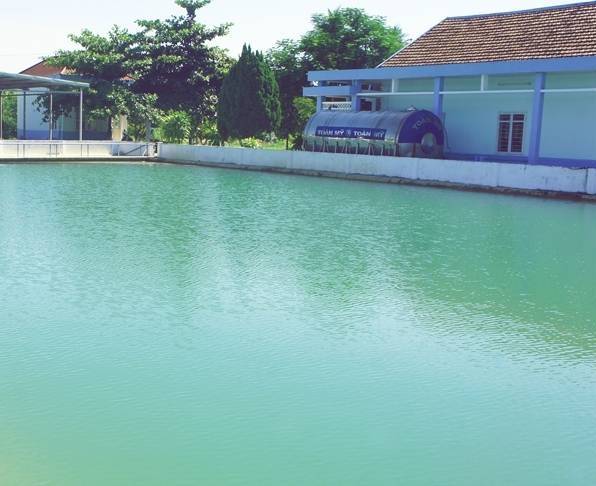3542 AD Utrecht
The Netherlands
info@vei.nl
+31 (0) 88 884 79 91


The latest Water Operators’ Partnership (WOP) Case Study produced under the BEWOP project, documents the partnership between Vietnamese water utility, Da Nang Water Supply Company (Dawaco), and Dutch company, VEI, between 2007 and 2010. Now, 8 years after the end of this WOP, the case study describes not only the WOP and the capacity and performance improvements it helped make, but how the results of this WOP have been sustained since.
The primary objectives of this 2.7 million USD WOP, facilitated by the Royal Netherlands Embassy in Hanoi and the People’s Committee of Da Nang,were to extend and improve water service delivery in Da Nang, especially to the urban poor, increase Dawaco’s management autonomy and strengthen its financial position.
During the three years that VEI worked with Dawaco, urban poor strategies (e.g. Water for Life), leakage-detection models (e.g. Care-Taker Model), changes in the tariff structure, and diverse system improvement processes (i.e. flushing activities, water quantity and quality meters, new water asset management and financial systems, and the creation of a central control unit, to name a few) were implemented. Together with dedicated capacity development, and the incorporation of pro-poor strategies, these changes led to improved performance. Dawaco’s coverage increased, water quality improved, full-cost recovery was achieved, and NRW was reduced.
The case study found that progress was sustained well after the WOP ended. Connections continued to increase, NRW kept dropping from 39% in 2007 to 15% in 2017, and Dawaco’s net revenue from sales and service provision tripled since 2010. The improved creditworthiness of the company at the end of the WOP paved the road to access other funding opportunities (from ADB, JICA, and the World Bank), further supporting the improvements initiated through the WOP.
The VEI-Dawaco WOP Case Study found that the expertise of the VEI team, the commitment of Dawaco staff to changes, as well as the strong motivation of all parties, was crucial in overcoming cultural differences and language barriers and contributing to the WOPs’ success.
The case study was conducted through cooperation between the Technische Universität Darmstadt and UN-Habitat between July 2018 to August 2019. It is part of the BEWOP project, a collaboration between the Global Water Operators’ Partnerships Alliance (GWOPA), and the IHE Delft Institute for Water Education, supported by the Ministry of Foreign Affairs of the Netherlands and the Spanish Agency for International Development Cooperation (AECID).
The publications are here: https://www.vei.nl/publications
